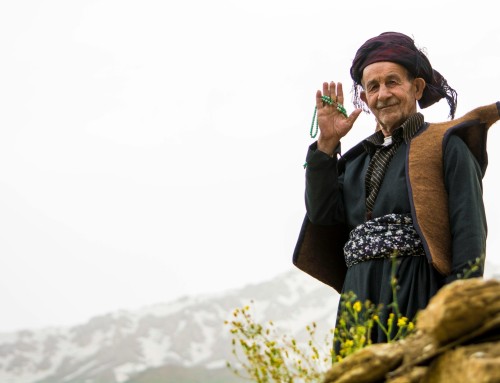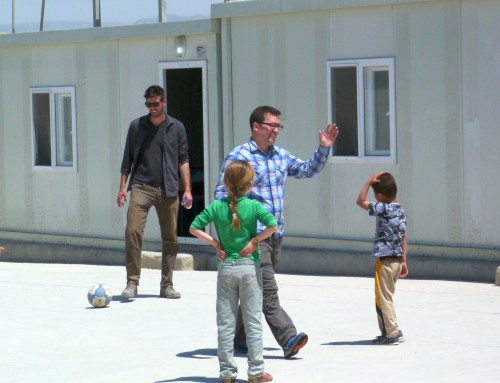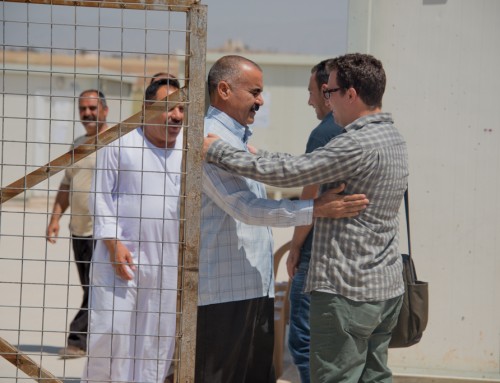The Towers Fell
I was a teenager when the towers fell, the first 9/11. I remember watching it happen on TV and thinking that it all had to be a movie. It couldn’t be real. No way would humans do this to each other. I got caught up in the patriotism that soaked the nation in the following weeks. I watched the Shock and Awe campaign with some glee, thinking that our enemies were getting what they deserved. America was the best and now the world had been reminded of that.
Then I went off to college and began to love a wider world than just the one I had grown up in. I fell in love with South American food and music, then Indian cultural complexities. I spent some time in each of those areas and for the first time really interacted with people who saw the world very differently than I did. And I loved them. Someone close to me suggested that I take an Islamic studies class. I refused. The Middle East was too foreign, too other, too war torn for me to ever want to go there. No. Way.
And then as my life waxed and waned after college I came across an article about a man who had decided that what Jesus would have him do was love his enemies, so he went to the Middle East with the purpose of meeting Al Qaeda members. He wanted to be salt and light to them, because that’s what Jesus would have done. Then a book crossed my path of another man in another area who had a heart to build schools to provide education to kids who would otherwise only be indoctrinated with radicalism. I saw for the first time that there was a hope for the Middle East other than war and terrorism.
The Turning Point
My heart had begun to turn. My first impressions of the people of Afghanistan and Iraq had been one of unforgivable, world-rocking violence. I would never have said that I hated them, but deep in my heart I did. Now I couldn’t hate them; I could only hope better for them. That hope gave birth to action and, not a year after my head had been turned by those who went before me, I found myself on a plane to Iraq. I was going to teach and be a bringer of hope. I was going to do my part for a year; I ended up choosing to stay for five.
During my time teaching one of my students did a presentation on 9/11 from a Middle Eastern perspective. It was the first time that I had watched the footage of the towers falling since I watched it happen live. I almost cried in the middle of class, because the pain of those moments was still real to me. It was still a tragedy.
As I talked to this student after class and told him how the footage had affected me, he apologized for making me cry. Then he said “Miss, I just really want people to know that we are not all like this. We are not all terrorists.” And I realized that I, too, wanted people to see my students and their families, who were now so very dear to my heart, as people who hope for more than the violence that has been forced upon them. These people were loving and welcoming to me, a stranger. They wept with me over the hard things that happened in my life. They hoped for peace in their world, but they didn’t know how to find it.
A Hope and a Future
The attacks on the World Trade Center and Pentagon were tragic, not only because of the lives that were lost on that day, but also because of the violence that caused those men to feel that death and destruction were their only hope for a future. That is such a twisted and dark place to be, and the results of that worldview were catastrophic. But God has hope for the people of the Middle East. He has a brighter future for them than murder and suicide. And I got to be an instrument of that hope, a messenger of that future. God turned my hatred into a love that still fills and breaks my heart. He is using acts of evil to ultimately bring about His glory. Pain turned into hope, and that is always what is on my mind when I remember and mourn on 9/11.




